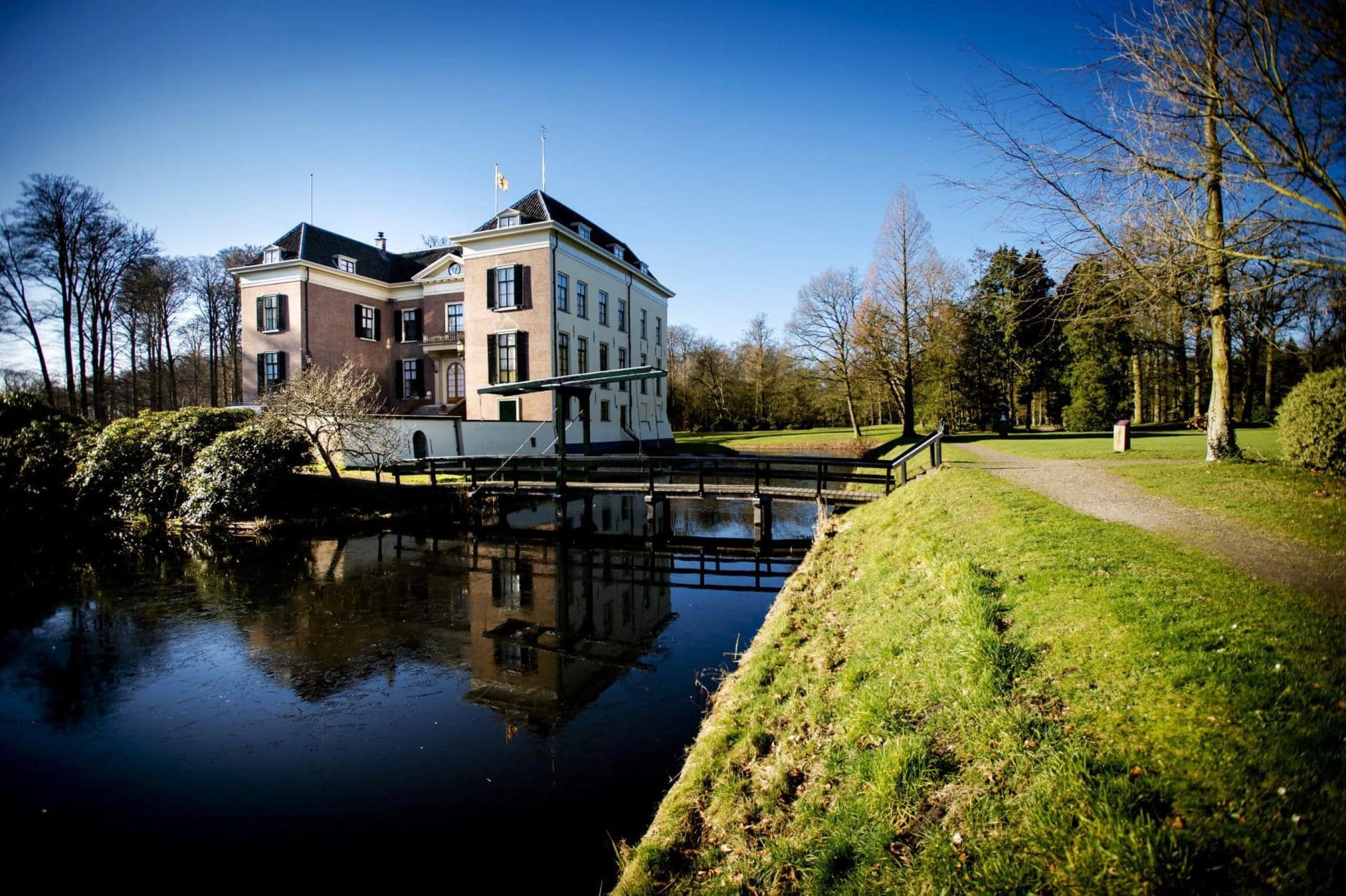The Hohenzollern family has unsuccessfully demanded the return of the last residence of the former Emperor Wilhelm II, “Huis Doorn”, in the Netherlands. In 2014, through a law firm, the Hohenzollern people threatened the Dutch state with a lawsuit if their claims were not upheld. This emerges from the correspondence now published by the Ministry of Culture in The Hague. The then culture minister Jet Bussemaker rejected the claims. The news magazine “Der Spiegel” first reported on the case. Until his death in 1941, Kaiser Wilhelm II lived near Utrecht in the legendary “Haus Doorn”.
In The Hague, as is now clear, the family found no understanding. In May 2015, the minister replied to the request for the return, which the ministry received in September 2014: “After consulting the ministries concerned, I can report to you that, in the view of the state, there is no reason to comply with your client’s request.”
The last German Kaiser, Wilhelm II. (1859-1941) was forced to abdicate at the end of the First World War in 1918 and fled to the Netherlands. There he bought the Doorn country house near Utrecht, which is modest by his standards. The former emperor lived in the Doorn house until his death in 1941. He was also buried in a mausoleum on the property. After the Second World War, the country house and property were confiscated by the Dutch state. The house, which is furnished as it was during Wilhelm’s lifetime, is a museum.
In Germany, too, there are claims by the Hohenzollerns who were expropriated in the former Soviet occupation zone after the Second World War. Since 2014, the federal government and the states of Berlin and Brandenburg have been negotiating with the Hohenzollerns about possible returns and compensation for years. The state of Brandenburg had refused compensation on the basis of the unification treaty. The Hohenzollern complain against this. The House of Hohenzollern had also requested the return of works of art, a right of residence in Cecilienhof Palace, Lindstedt Palace or the Villa Liegnitz in Potsdam.
dpa
–


